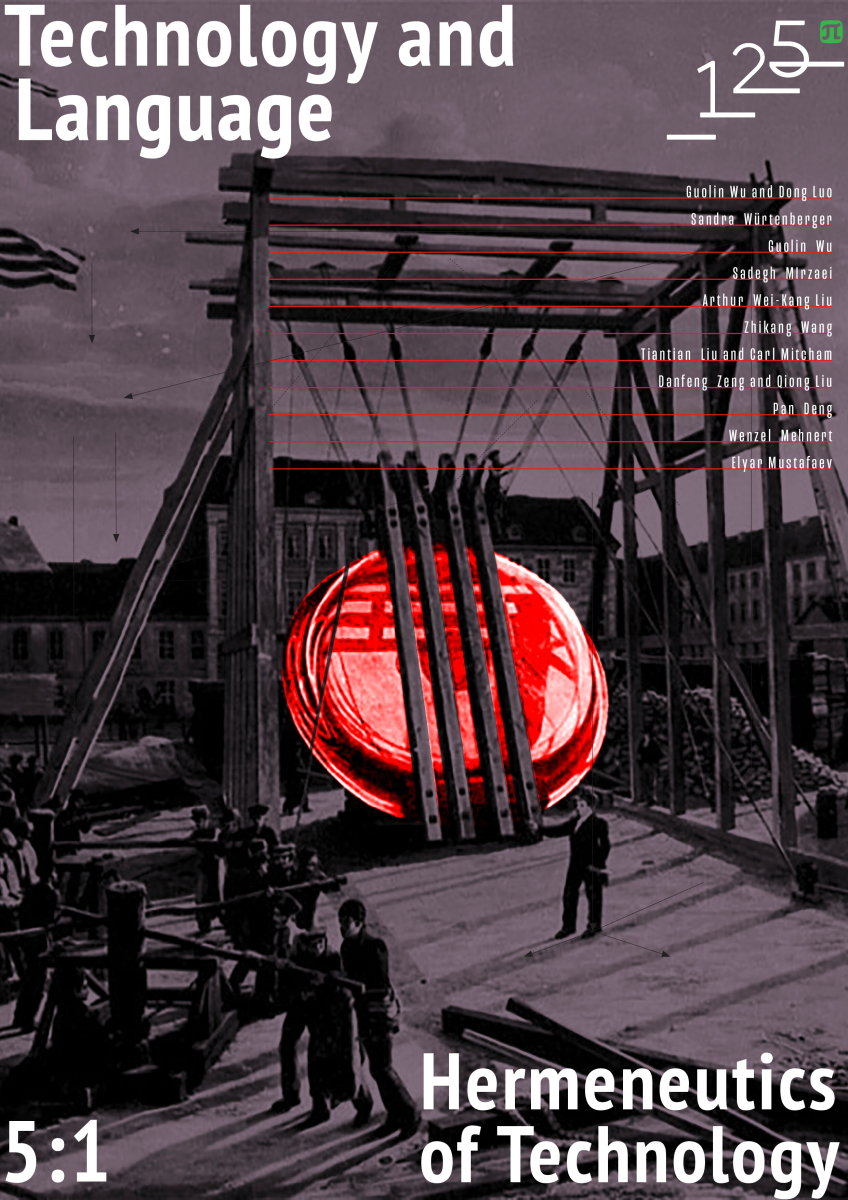Toward Practical Hermeneutics of Fourth Paradigm AI for Science
The combination of artificial intelligence and science creates a new method for scientific research, which has achieved magnificent success, but also raises questions of how to understand the knowledge produced by this method. Hermeneutics is a method of interpreting scripture that is widely used in the humanities such as history. Based on the history of science, Thomas Kuhn suggests that science can also be understood hermeneutically. Building on Kuhn’s work, Joseph Rouse argues that there are two hermeneutics for understanding scientific knowledge, a theoretical hermeneutics and a practical hermeneutics. The knowledge generated by AI-enabled science can also be examined from the perspective of these two hermeneutics. Theoretical hermeneutics argues that scientific knowledge has not been revolutionized at the theoretical level and that AI is only another tool to improve the efficiency of scientific research. However, this approach fails to acknowledge problems of AI-enabled knowledge generation such as data as a new form of publication and AI-assisted writing, automated laboratories, the role of AI in knowledge generation, and the opaqueness, unexplainability and bias of machine learning-generated knowledge. This article suggests the need for practical hermeneutics to address the above issues and to understand the knowledge produced by new research methods in the context of scientific practice.



